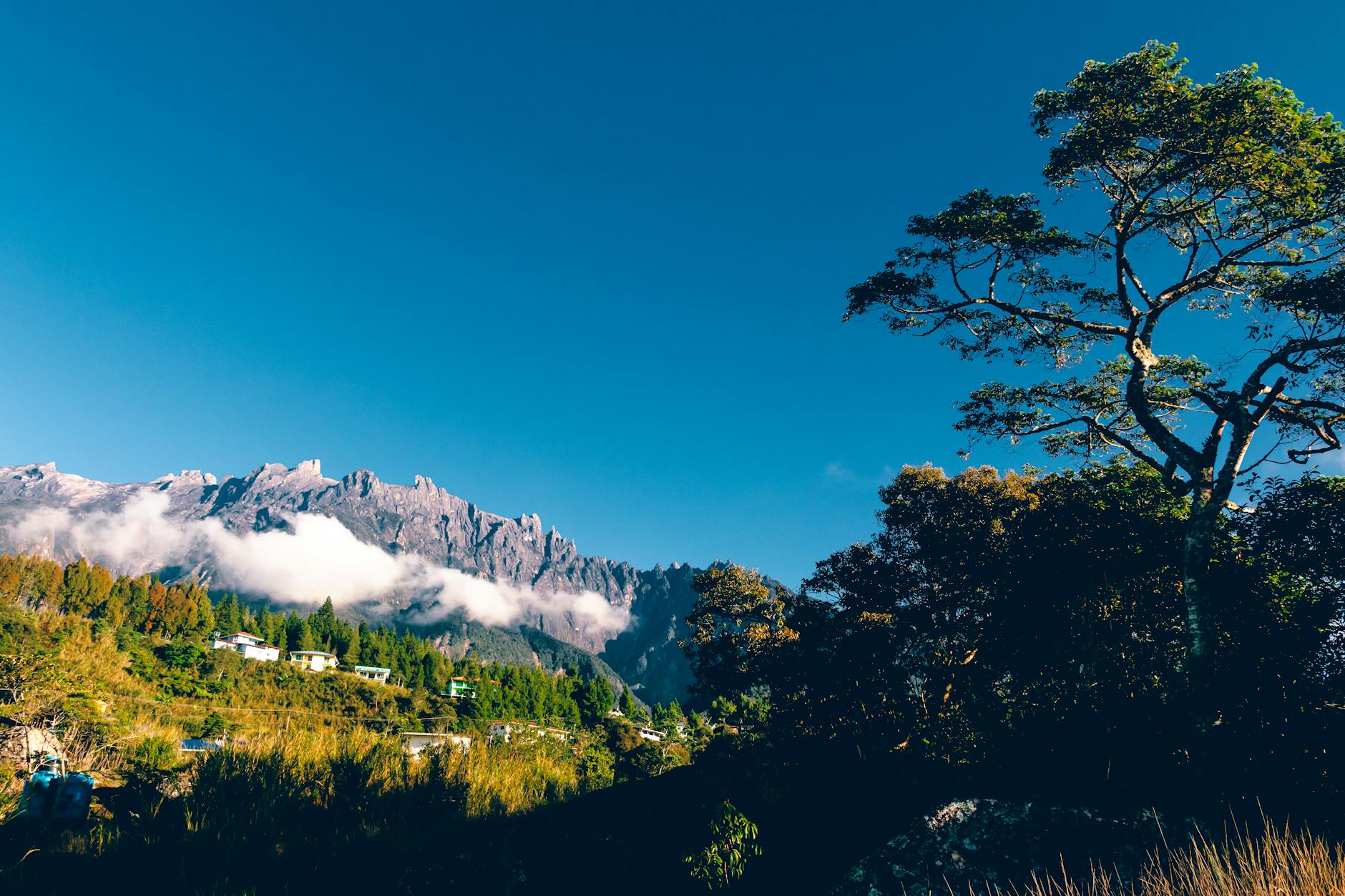The twin horrors of capitalism and colonialism have had a devastating impact on the environment. Through the commodification of the planet, they have carved up land and communities, priced and stamped it and sold it to the highest bidder. Land ownership and resource extraction have stripped our biosphere to the bone and released toxic wastes that the planet had locked away for millennia.
Communities living at the forefront of environmental destruction are the most vulnerable and isolated people on earth, depending on their relationship with nature to sustain them whilst that rug is being pulled from under their feet. Communities living at the forefront of capitalism are often the most exploited people in the most polluting industries (textiles, waste, agriculture, chemicals), producing the commodities that the world needs but does not want to bear the environmental and human burden of producing for itself. Communities at the forefront of colonialism face death and life-threatening injury every day, as landgrabs and wars over resources continue to carve up our planet and devastate the livelihoods of people who have settled those lands for centuries. Their suffering is our fate, and we are not as powerless as we may feel.
Our strength is in our numbers. The climate criminals may be wealthier or better-resourced, but there are more of the rest of us. We need to push back hard against corporate interests, which are the driving force of climate-wrecking activity. To do that does require us to align our efforts with others. Only together can we continue to pressure governments to adhere to climate goals and, if not stop runaway climate change, at least slow the rate of environmental destruction to give the planet a chance to rebalance itself. Let’s identify local representatives who advocate for the planet and assist their election, to be the thorn in the side of business interests that every system of governance should be.
It’s so hard to feel positive about the future when we look at all the fronts we are failing the planet and our fellow humans, but we owe it to our children. We brought them into this world, let’s ensure that they get to live on a living planet.
Fostering stewardship
I believe kids instinctively understand the planet is worth saving, so much of our role when fostering their stewardship is just to get out of their way. We need to give them the opportunity to fall in love with it as a living work of art, the language to celebrate and cherish it, and normalize respectful relationships with all living beings. Practical ideas I have for this:
- mounting a world map on their wall (alternate projections can be a really cool way to teach them critical thinking, like a Peters Projection) to discuss global events as they happen, deep dive into different countries and cultures/ecosystems.
- cooking together at home and talking about where our food comes from, maybe even with photos of the plantations it grows on and videos of it being harvested.
- growing plants from seed and cuttings, bonus points if they’re local wildflowers that nurture native bugs and birds.
- grow food. Windowsill tomatoes and salads are a popular indoor food, and with a bit of outdoor space you can grow potatoes in bags.
- observe the weather and seasons together by spending time outdoors, collecting rainwater or erecting a windsock.
- learning the names of the trees, groundcover plants, “weeds”, bugs, birds, and other fauna in your area.
- learn to use weeds and local plants, e.g. make nettle tea, chickweed salad, sorrel soup, lavender sachets.
- rescue spiders rather than squishing them, explaining their valuable role in our ecosystem.
Whether growing food, or naming your neighbours, or exploring the wonders of the planet, begin with basics. Maybe identify one common bird or tree in your locale and name it with your child every time you see it, or start growing some watercress in an eggshell. Start simple and focus on small victories, rather than beginning with grand ambitions and feeling overwhelmed and let down. Stoke your child’s imagination and curiosity in bite size pieces, gradually building their knowledge and autonomy along the way.
Whilst fighting for their futures, let’s raise our kids to value our planet, the environment, biodiversity, and our interconnectedness with the human faces of climate struggles around the world. Friends of the Earth have a strong global grassroots network of local groups who participate in global solidarity action. [View this map to find one near you](https://www.foei.org/who-are-friends-of-the-earth/member-groups/)

Leave a Reply